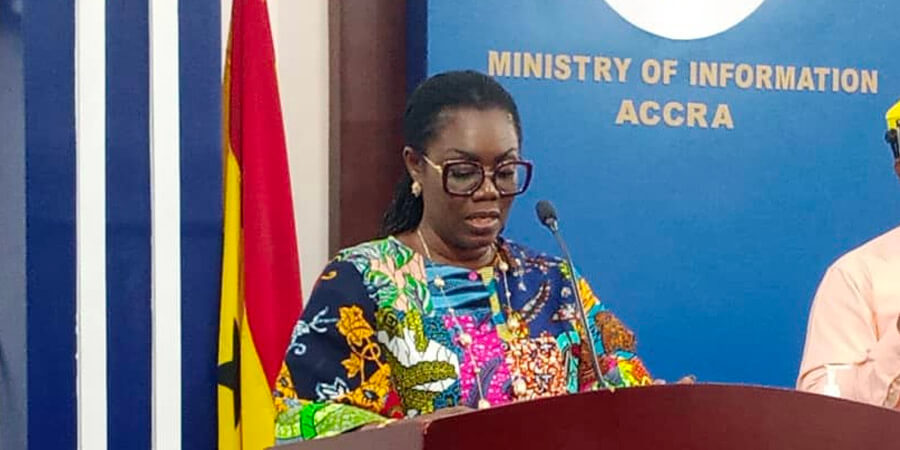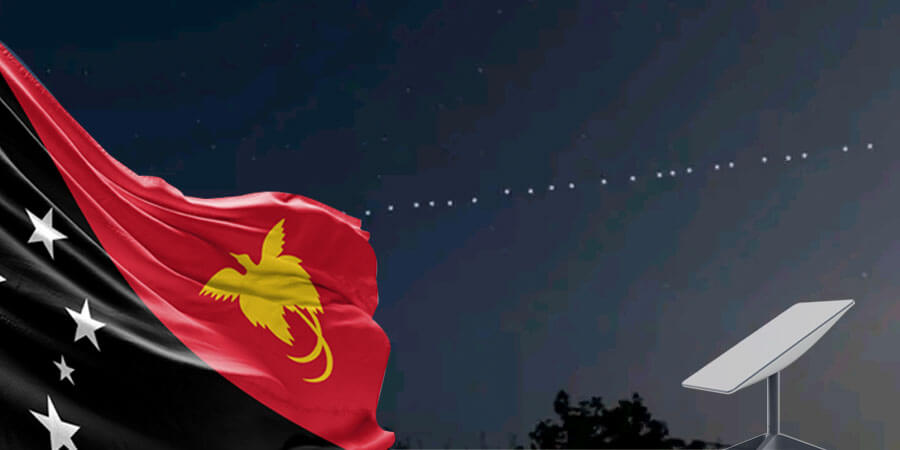The Liberia Telecommunications Authority (LTA) introduced a new regulation to improve the quality of services provided by mobile network operators, despite demands for services. It sets standards that these companies must adhere to, ensuring better quality services for consumers. Penalties are also provided.
General News
Zambia Elevates Towers to 3G and 4G Heights
The Zambian government launched an operation to modernize communication towers across the country, adapting them to 3G and 4G networks.
Ugandan Government Aims to Decrease Internet Bandwidth Costs
The Ugandan government aims to significantly reduce the monthly cost of internet bandwidth provided through its fiber optic national backbone infrastructure. Within a year, the plan is to lower the cost from $35 to $5, marking an 86% reduction. This announcement came during the signing of a memorandum of understanding with MasterCard by Godfrey Kabbyanga, the Minister of State for ICT.
Sofrecom Tunisia Appoints New CEO
Effective January 1st, 2024, Dorsaf Bejaoui takes on the role of CEO at Sofrecom Tunisia.
Ghana Plans to Boost Rural Connectivity
The Ghanaian government is planning to construct and implement 1,006 telecom sites this year to enhance mobile service coverage in the country, particularly in rural areas.
Nasarawa State Boosts Digital Growth in Nigeria
The Nigerian state of Nasarawa has abolished the Right of Way (RoW) costs associated with the construction, placement, laying, and maintenance of telecoms network equipment within the state. This move was executed through the implementation of the State Right of Way Regulation 2023, which came into immediate effect.
Nigeria Teams Up with World Bank for Broadband Boost
The federal government of Nigeria has partnered with the World Bank to raise $3 billion to achieve nationwide fiber optic coverage. Bosun Tijani, the minister of communications, innovations and digital economy, disclosed during a stakeholders’ engagement themed “broadband for all,” organized by his ministry in collaboration with the World Bank.
Starlink Faces Crackdown on Unauthorized Terminals
Papua New Guinea's telecommunications regulatory authority has granted Starlink a five-year license to operate in the country. Simultaneously, the authority, known as NICTA (National Information and Communications Technology Authority), has committed to cracking down on unauthorized operation of Low Earth Orbit (LEO) satellite terminals.
TELUS International Promises Jobs and Community Engagement
TELUS International Africa celebrated the official inauguration of its newly constructed, cutting-edge facility in Casablanca, Morocco.
Is Tanzania Ready to Shoot for the Stars with its Satellite?
Nape Nnauye, the Minister of Information, Communication, and Information Technology, announced that Tanzania has successfully secured a crucial orbital position at 16 degrees west, marking a significant milestone in the journey toward launching its first satellite.














